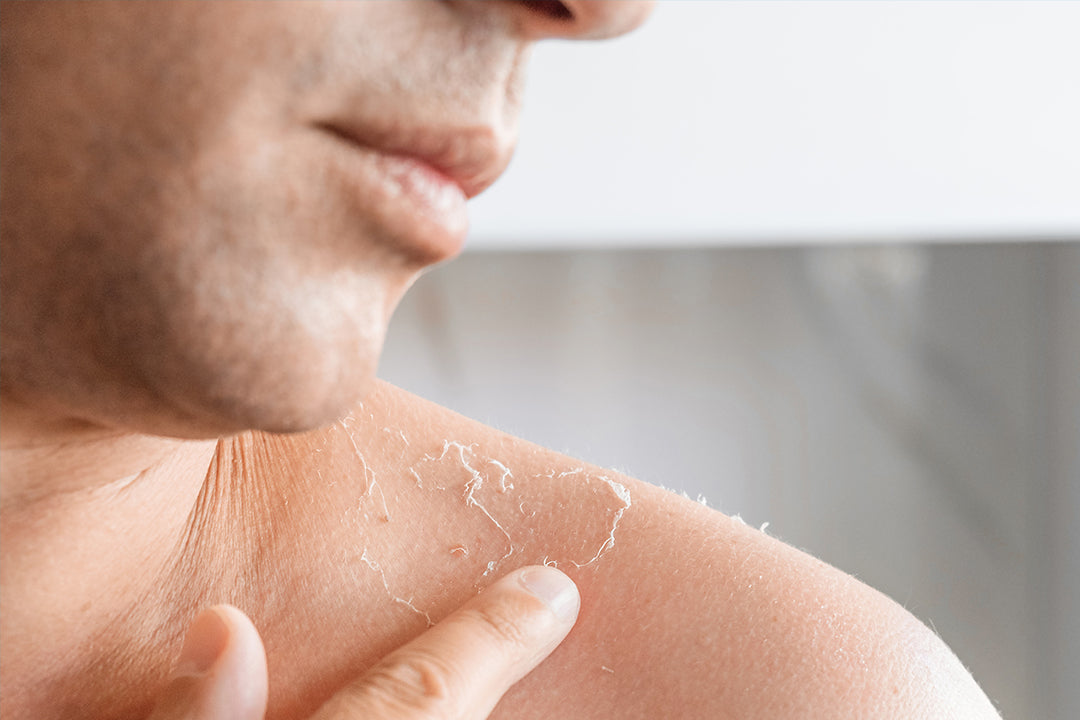As the seasons change, so does our skin. The weather can have a significant impact on the health and appearance of our skin, making it important to adapt our skincare routine accordingly. But is your skin better in summer or winter? In this comprehensive guide, we will explore the effects of seasonal changes on your skin and provide tips on how to take care of your skin throughout the year.
Understanding the Weather-Skin Connection
The weather plays a crucial role in the condition of our skin. The changes in temperature, humidity, and sun exposure can all affect our skin's health and appearance. Let's take a closer look at how different weather conditions can impact your skin:
- Hot Weather: During the summer months, the heat and humidity can cause your skin to produce more oil, leading to clogged pores and breakouts. Additionally, excessive sun exposure can damage your skin, causing sunburn and increasing the risk of skin cancer.
- Cold Weather: In winter, the cold temperatures and low humidity can strip your skin of its natural oils, leading to dryness, flakiness, and even eczema. Indoor heating can further exacerbate these issues by drying out the air and your skin.
The Effects of Hot Weather on Your Skin
When the temperature rises, your skin may undergo several changes. Here are some common effects of hot weather on your skin:
- Oily Skin: The heat and humidity can stimulate your sebaceous glands to produce more oil, leaving your skin feeling greasy and prone to breakouts.
- Sunburn: Excessive sun exposure can cause sunburn, which not only damages your skin but also increases your risk of developing skin cancer.
- Dehydration: The heat can cause your skin to lose moisture, leading to dryness, tightness, and even dehydration.
The Effects of Cold Weather on Your Skin
When the temperature drops, your skin may experience a whole new set of challenges. Here are some common effects of cold weather on your skin:
- Dry Skin: Cold temperatures and low humidity can strip your skin of its natural oils, leading to dryness, flakiness, and even eczema.
- Chapped Lips: The cold, dry air can cause your lips to become dry, cracked, and painful.
- Skin Sensitivity: Cold weather can make your skin more sensitive and prone to redness, itching, and irritation.
Tweaking Your Skincare Routine for Every Season
Now that we understand how the weather can affect our skin, let's talk about how to adapt our skincare routine to each season:
Summer Skincare Tips
During the summer months, it's important to focus on protecting your skin from the sun and managing oiliness. Here are some tips for your summer skincare routine:
- Cleanser: Use a gentle cleanser to remove excess oil and impurities without stripping your skin.
- Moisturizer: Opt for lightweight, oil-free moisturizers that provide hydration without weighing down your skin.
- Sunscreen: Apply a broad-spectrum sunscreen with SPF 30 or higher to protect your skin from harmful UV rays.
- Exfoliation: Incorporate gentle exfoliation into your routine to remove dead skin cells and unclog pores.
Winter Skincare Tips
In winter, your focus should be on combating dryness and maintaining hydration. Here are some tips for your winter skincare routine:
- Cleanser: Switch to a creamy cleanser that gently cleanses your skin without drying it out.
- Moisturizer: Use richer, more emollient moisturizers that provide intense hydration and help repair your skin's natural barrier.
- Lip Balm: Apply a nourishing lip balm to prevent dry, chapped lips.
- Humidifier: Use a humidifier to add moisture to the air and prevent your skin from drying out.
FAQs about Skin Better in Summer or Winter
1. Is your skin better in summer or winter?
There is no definitive answer to this question, as it largely depends on your skin type and how well you take care of your skin. Some people may find their skin to be more problematic in the summer due to increased oiliness and breakouts, while others may struggle with dryness and sensitivity in the winter.
2. How can I protect my skin from sun damage?
To protect your skin from sun damage, it's important to wear sunscreen with at least SPF 30, seek shade during peak sun hours, and wear protective clothing, such as hats and sunglasses.
3. What should I do if my skin gets dry and flaky in the winter?
If your skin becomes dry and flaky in the winter, try using a richer moisturizer, avoiding hot showers, and incorporating a hydrating serum into your routine.
4. Can I use the same skincare products year-round?
While some skincare products can be used year-round, it's important to listen to your skin's needs and make adjustments as necessary. For example, you may need a lighter moisturizer in the summer and a more emollient one in the winter.
5. Are QRxLabs products suitable for all skin types?
QRxLabs offers a range of skincare products that cater to various skin types and concerns. Their products are formulated with effective ingredients that are gentle on the skin and free of parabens and silicones.
Takeaways
So, is your skin better in summer or winter? The answer is that it depends on various factors, including your skin type and how well you take care of your skin. By understanding how the weather can affect your skin and making adjustments to your skincare routine, you can keep your skin healthy and glowing throughout the year. Remember to protect your skin from the sun, stay hydrated, and use skincare products that are suitable for your skin type and concerns. And if you're looking for high-quality, gentle skincare products, consider exploring the range offered by QRxLabs.









